-
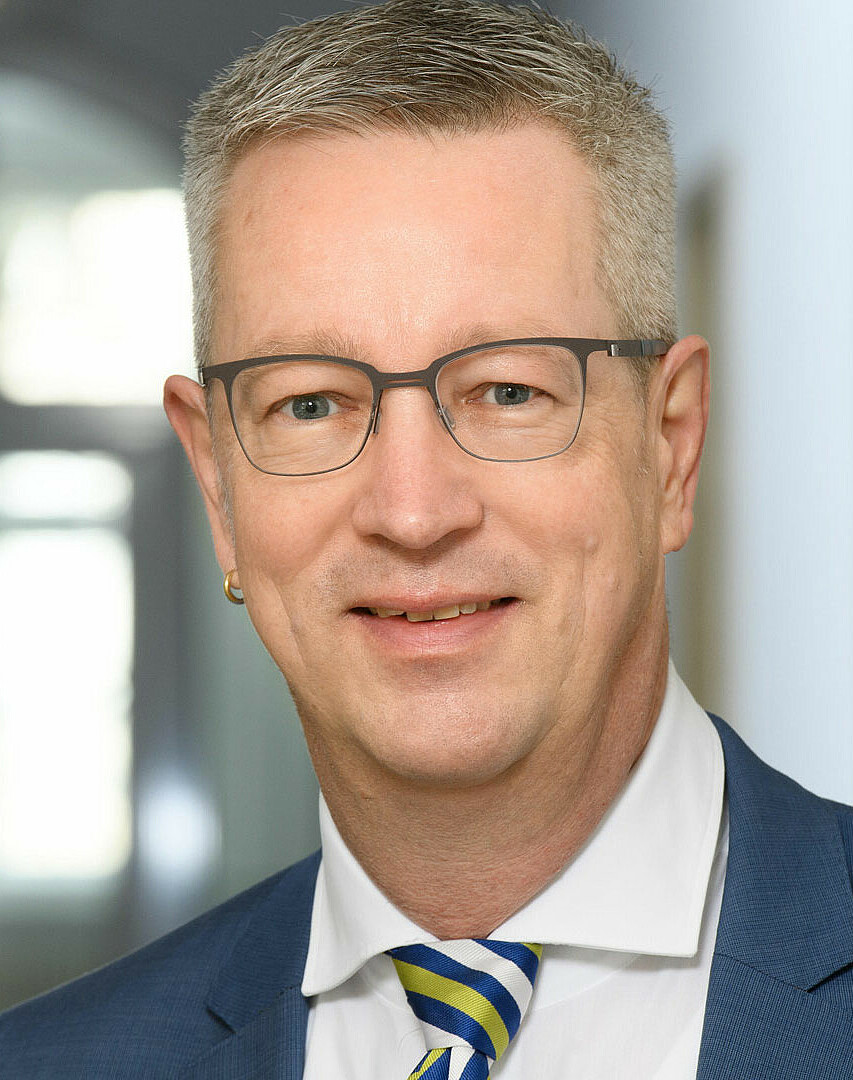
© David Ausserhofer
28.11.2023Prof. Günter M. Ziegler, Freie Universität Berlin
Like many other young scientists, Brain City Ambassador Prof. Günter M. Ziegler came to Berlin to conduct research in exciting projects and to experience the city. That was in 1992. Today he is the President of the FU Berlin and a member of the Board of Directors of the Berlin University Alliance.
“I had not planned on becoming the President of a university. I was a scientist – and am and will remain one. Just in a different way. The fact that I was asked to take on this position and then immediately be given responsibility for networking the entire Berlin research area was a surprise for me and an extraordinary challenge at the same time. It is and remains a big and exciting task!” Prof. Günter M. Ziegler has been President of the Freie Universität Berlin since 2018 – already in his second term of office after his re-election in 2022. The Brain City Ambassador is a mathematician in his origins. He has received numerous awards for his research, including a Gottfried Wilhelm Leibniz Prize from the German Research Foundation (DFG) and the Berlin Science Prize from the Governing Mayor of Berlin. As an active scientist in Brain City Berlin, he gained knowledge and experience that he now brings into his work as President of the university.
“As a mathematician in Berlin, I learned how we all – especially in science – can benefit from collaboration: from the exchange of ideas, from networking activities and from shared creativity. I am now in a position where I can support networks and facilitate collaboration. That is great,” says Günter M. Ziegler happily. “I see and am thrilled that the many people with their ideas, perspectives and experiences make the difference. With any research planning: Success is always based on the personalities who live science and make it accessible to others.”
The scientist, who studied mathematics and physics in Munich, completed his doctorate at the Massachusetts Institute of Technology (MIT) and then spent several years researching in Augsburg and Stockholm, moved to Brain City Berlin around 30 years ago. “Superficially viewed, I arrived in Berlin on the night train from Stockholm on 1 April 1992 because there was a postdoc position for me at the ZIB, the Zuse Institute Berlin. Back then it was still called the Konrad Zuse Centre,” remembers Günter M. Ziegler. “But actually, I felt that Berlin was an exciting place that I wanted to experience. I came to the TU Berlin for mathematics, to the ZIB for optimisation, and for the great artist Georgette Dee, who was performing at the 'Bar jeder Vernunft' right next to my flat at the time.” This colourful mix of science and creativity in the city inspired him, so soon after the fall of the Berlin Wall. And it still inspires him today: “It’s fantastic that a lot of things have grown and come together in Berlin – and also that the Berlin-Stockholm night train is back again after a break of many years.”
With the Berlin University Alliance, the universities and many other higher education and research institutions, Berlin as a centre of science is a unique driving force for scientific development and innovation.
Berlin as a science location is the working basis, object and goal of Brain City Ambassador Günter M. Ziegler – of course with a particular focus on the FU Berlin, which celebrated its 75th anniversary in 2023. “Berlin’s scientific landscape is incredibly diverse: whether biochemistry at the Max Delbrück Centre in Berlin-Buch, sociology at the Berlin Science Centre for Social Research, political science or literary studies 'with us' on the Dahlem campus – research and teaching takes place across the city.
Günter M. Ziegler particularly appreciates the networking at Brain City Berlin, which, in his experience, is becoming increasingly complex and productive. “And it is also becoming more and more international. Isn’t that great?” The largest collaborative project in the city is the Berlin University Alliance (BUA), of which he was the first spokesman from 2018 to 2020 and which he still guides as a member of the Board of Directors. “The three major Berlin universities, Freie Universität Berlin, Humboldt-Universität zu Berlin and Technische Universität Berlin are working together with Charité - Universitätsmedizin on the vision of Berlin as an integrated research centre. This is a network of excellence, as a motor for the Brain City Berlin!”
The Brain City ambassador recommends the following to young scientists who want to get started in Berlin: “Wherever something sounds interesting: Ask questions! Follow up! Get involved!” Science in Berlin is organised much more in projects and associations than in other cities. Every major project and every research collaboration therefore offers opportunities. “Without wanting to advertise or suggest institutional connections, I will say it with the slogan: “Just do it,” sums up Günter M. Ziegler. “And with the welcome from the Berlin musical Cabaret: “Willkommen, bienvenue, welcome!” (vdo)
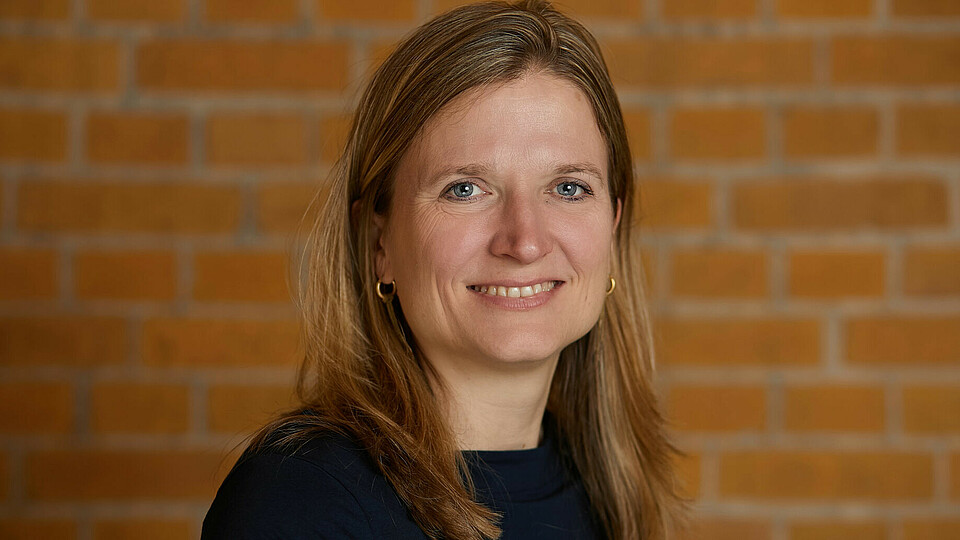
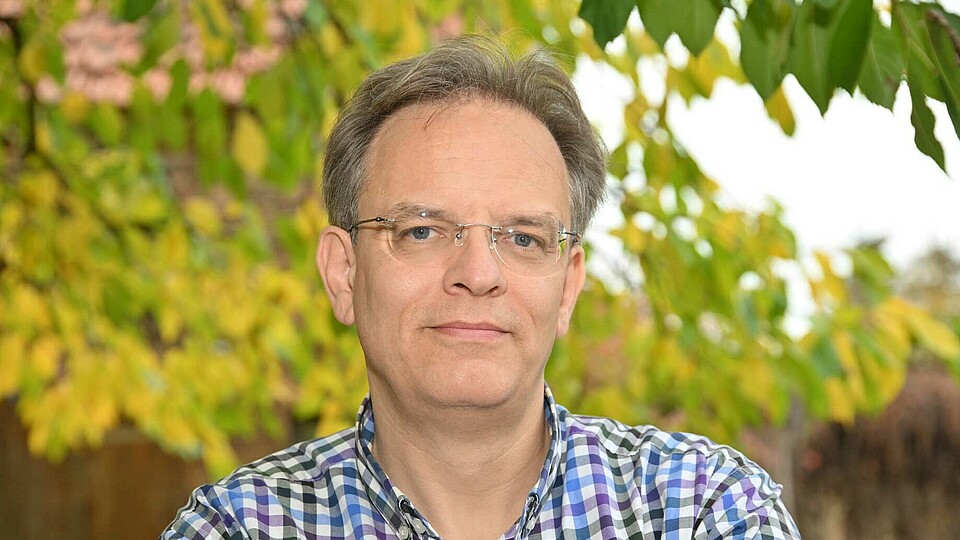
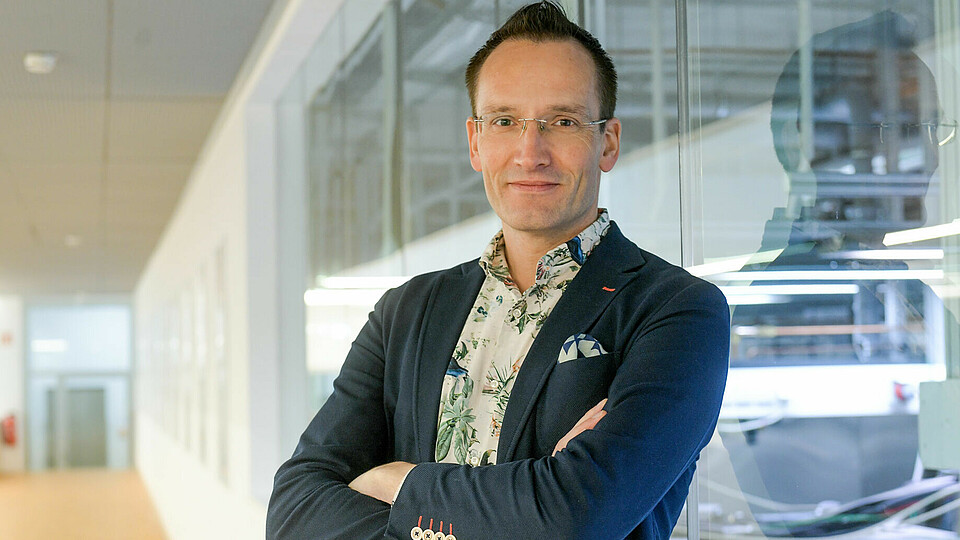
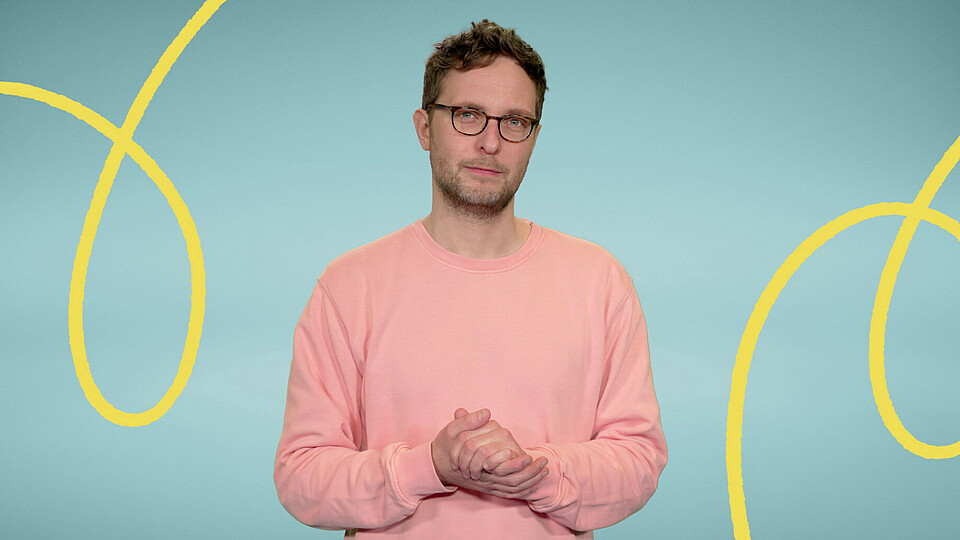
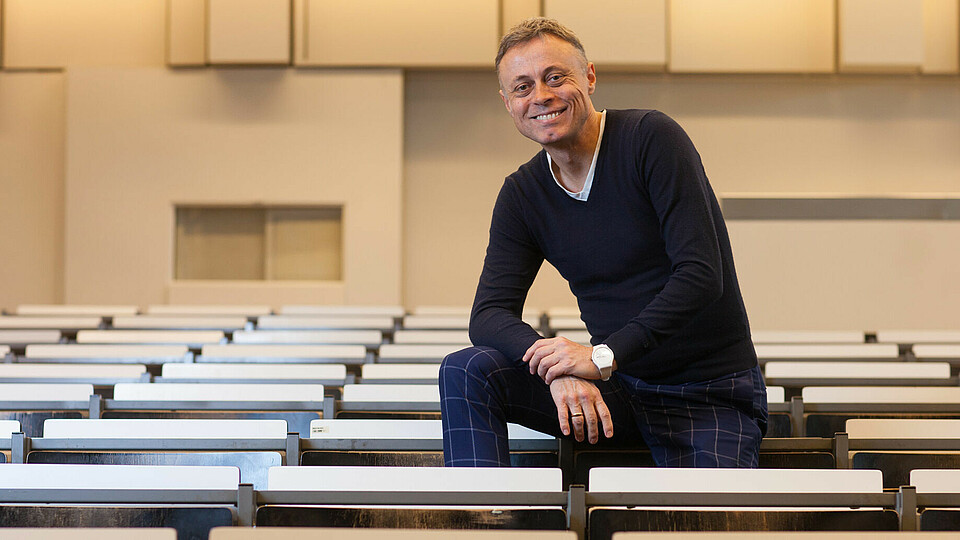
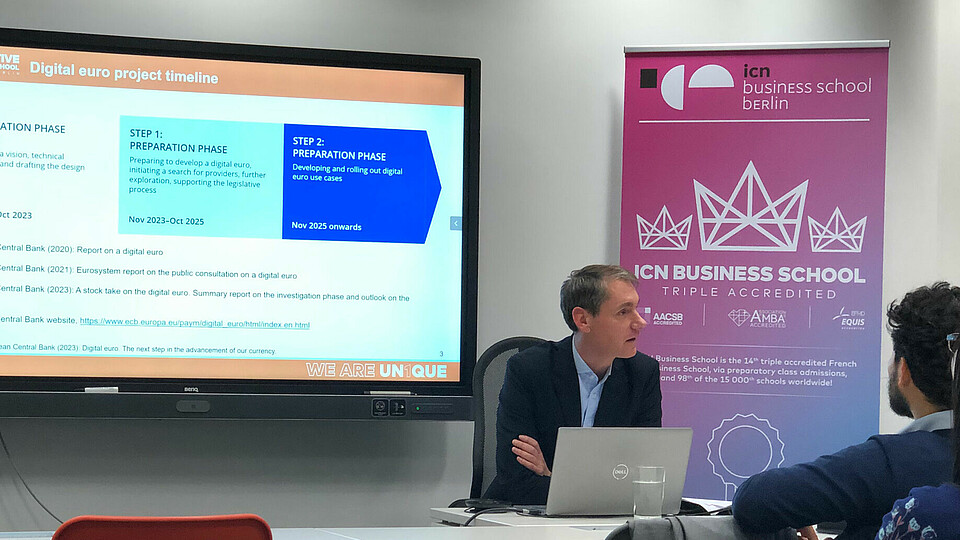
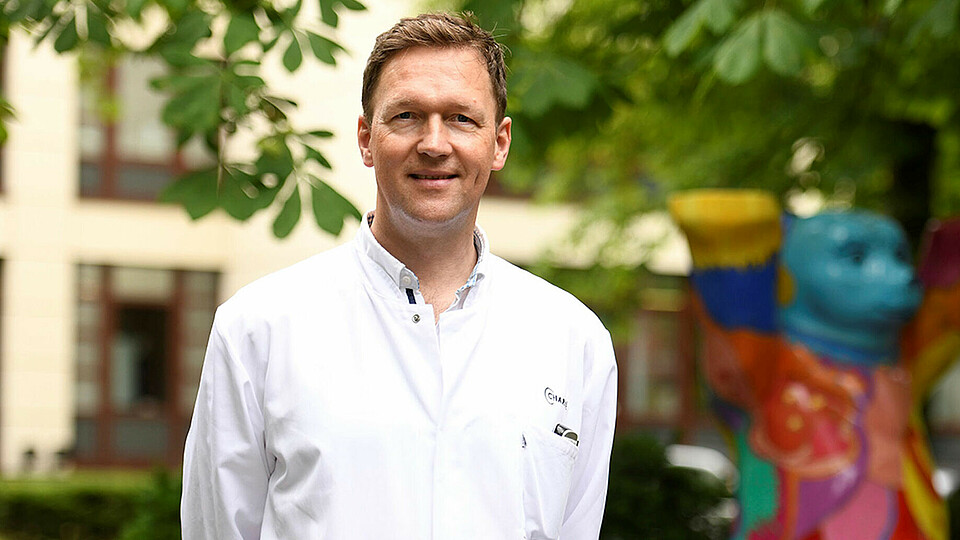
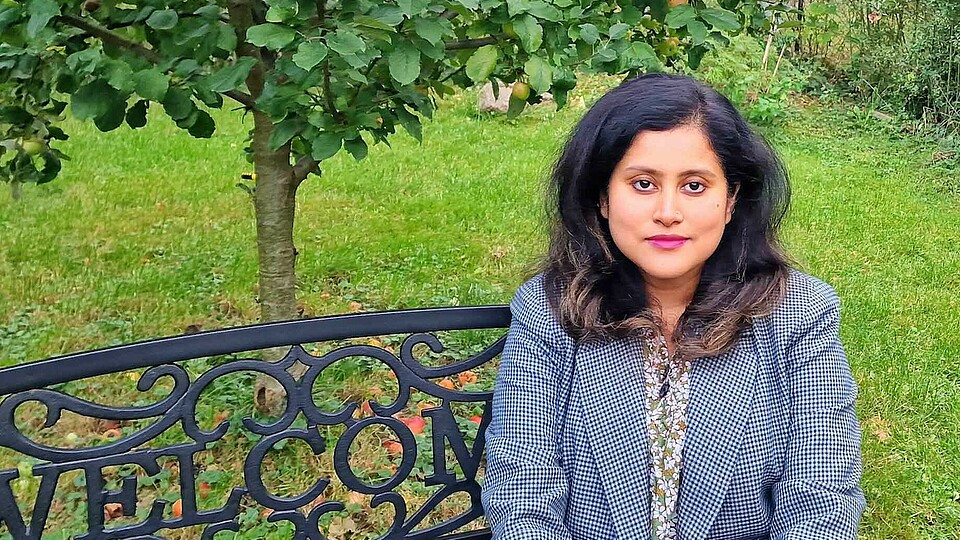
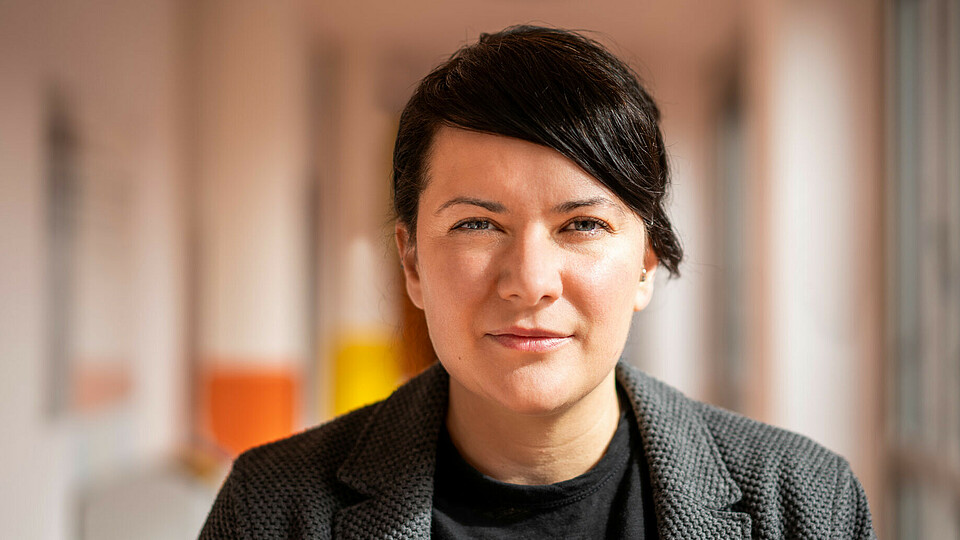
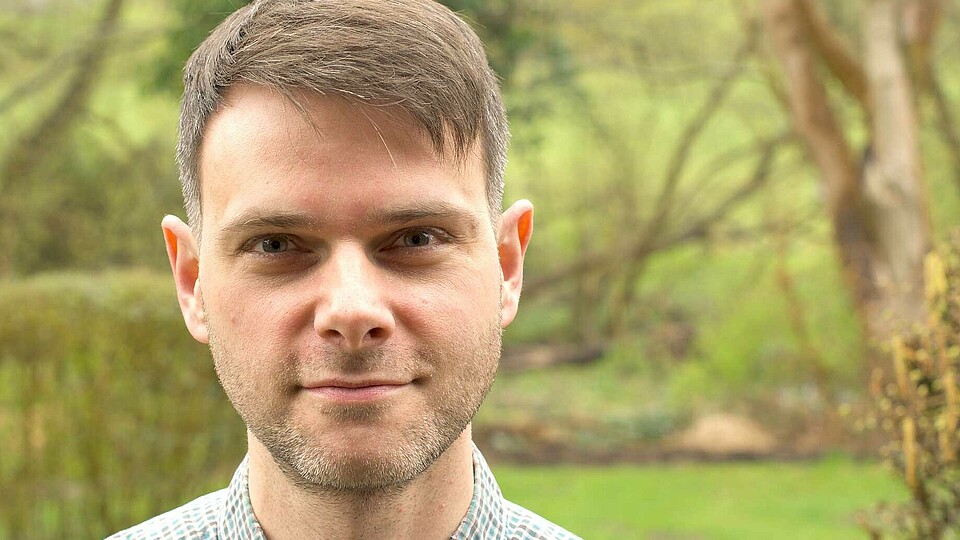
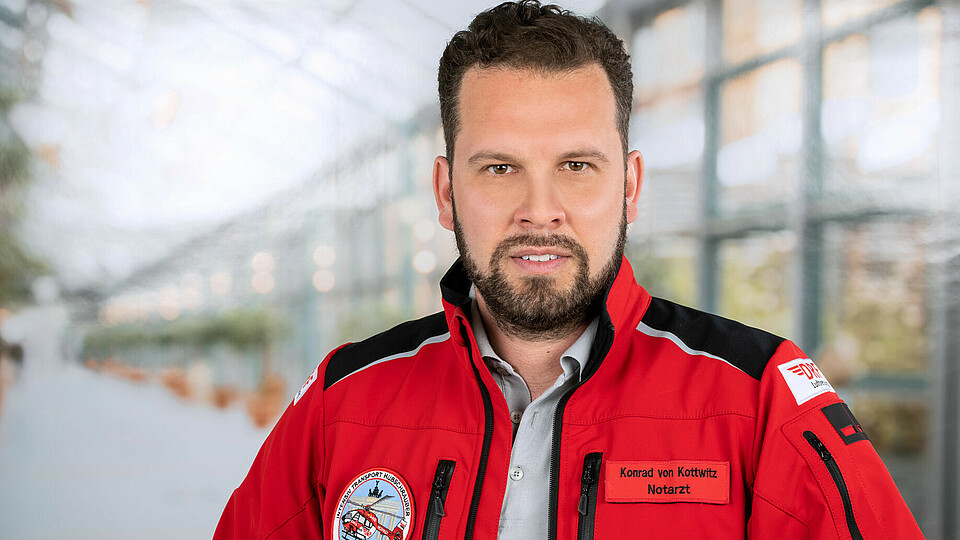
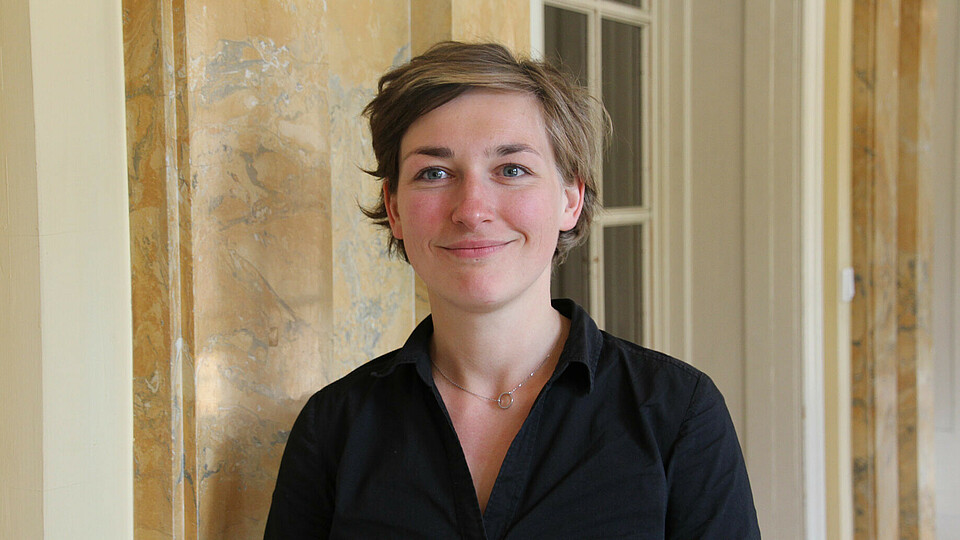
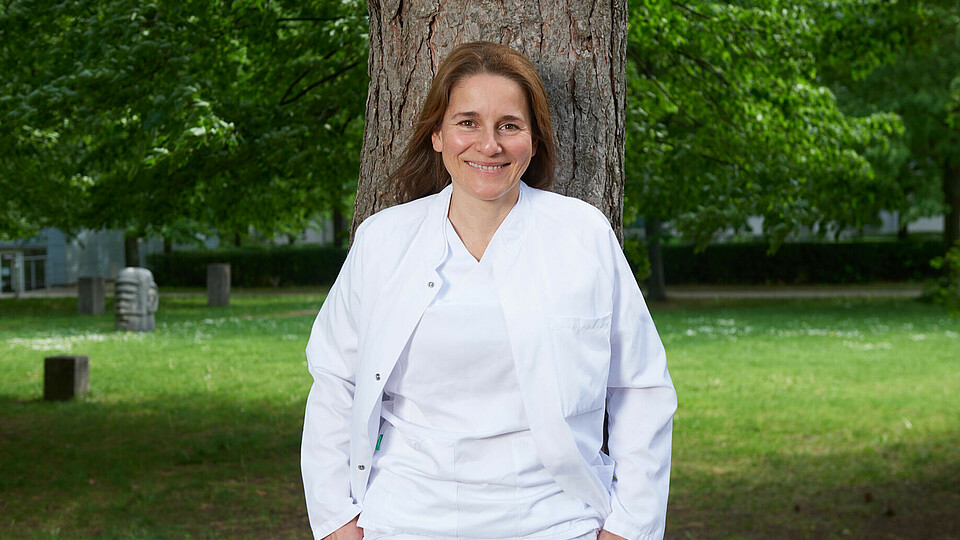
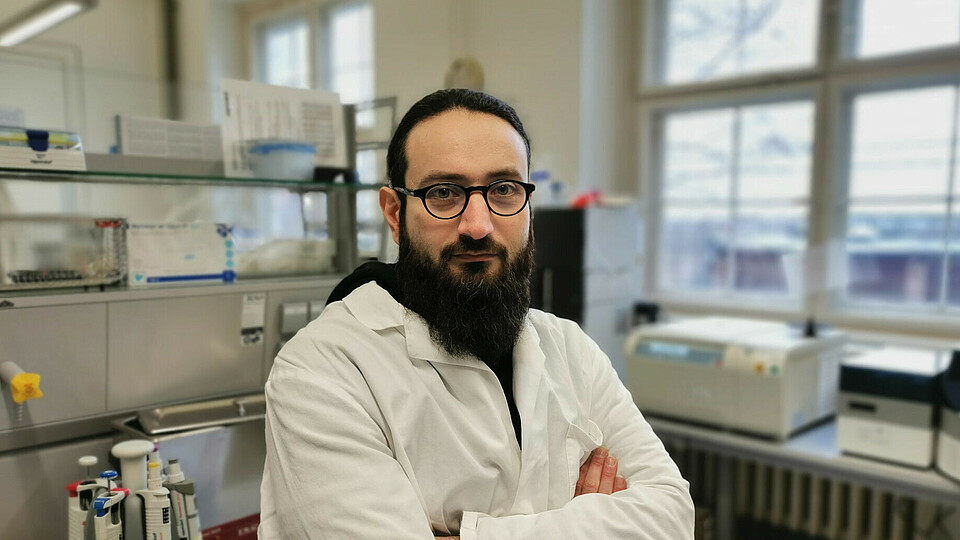
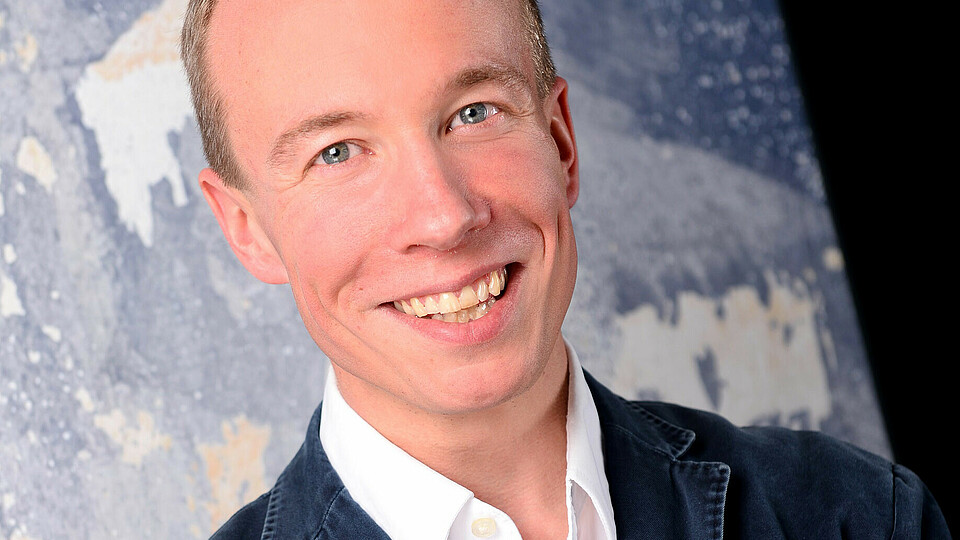
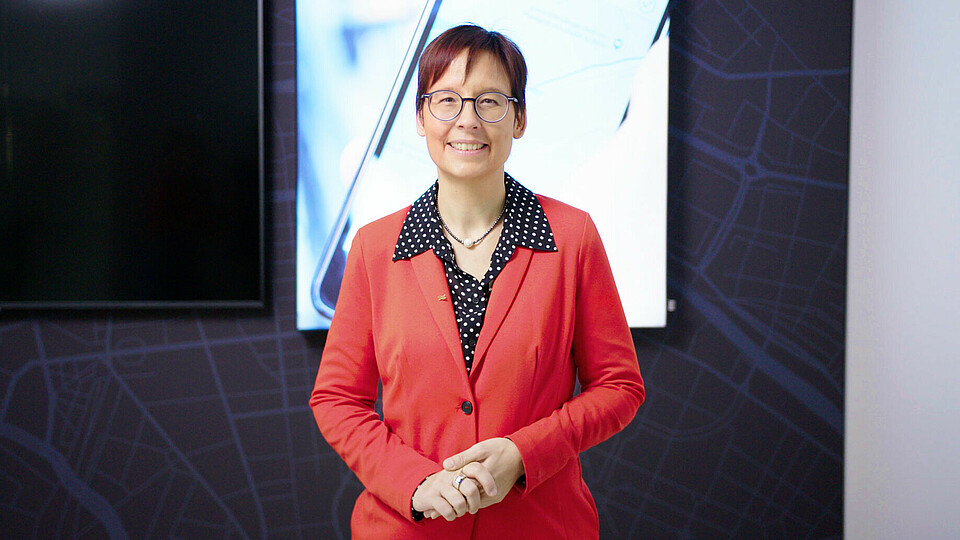
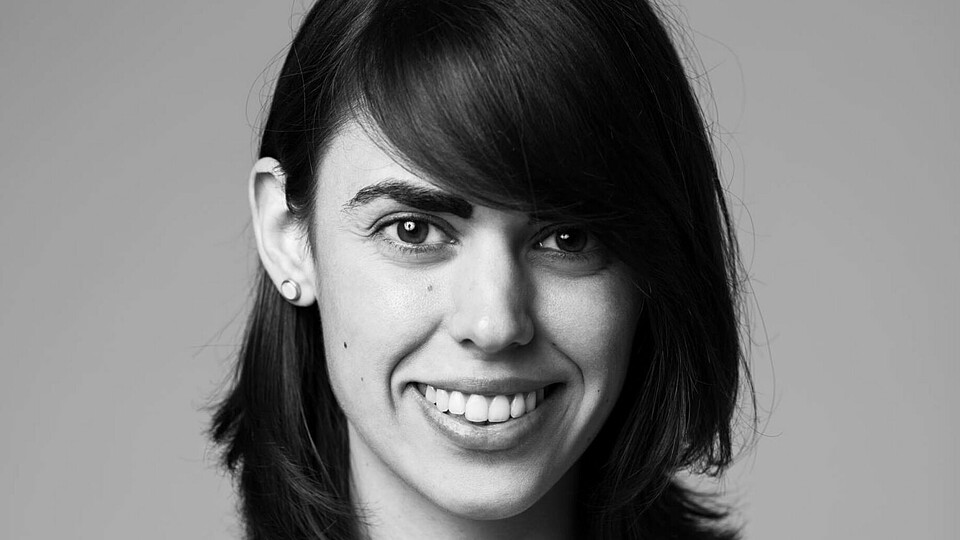
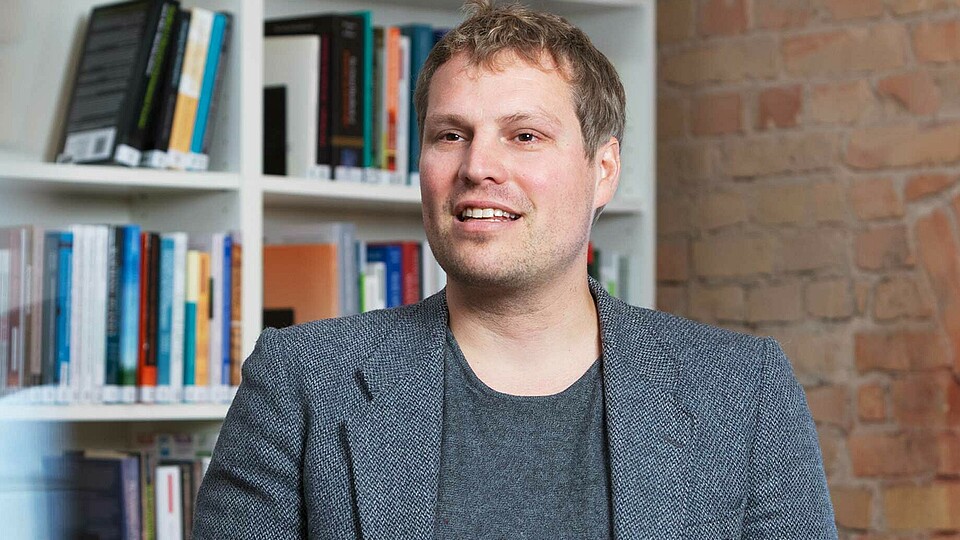
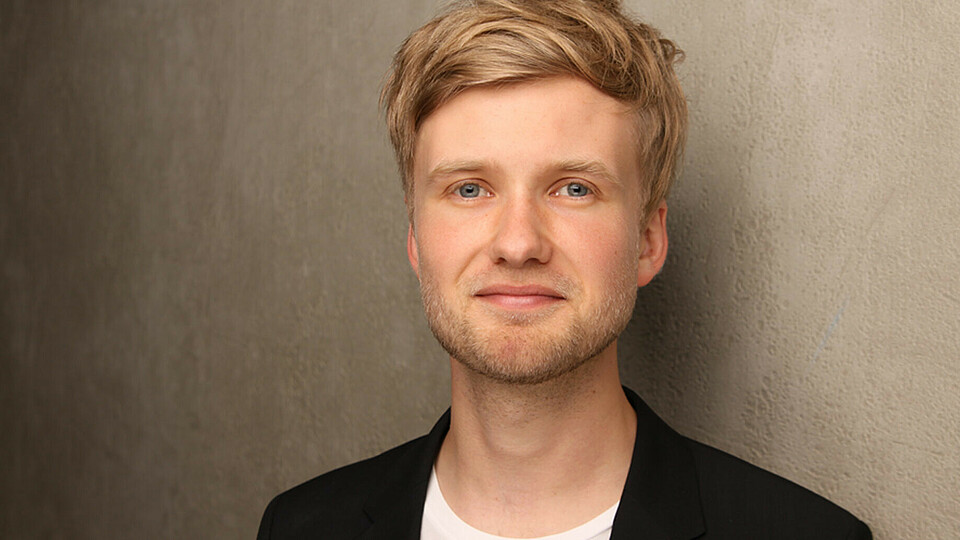
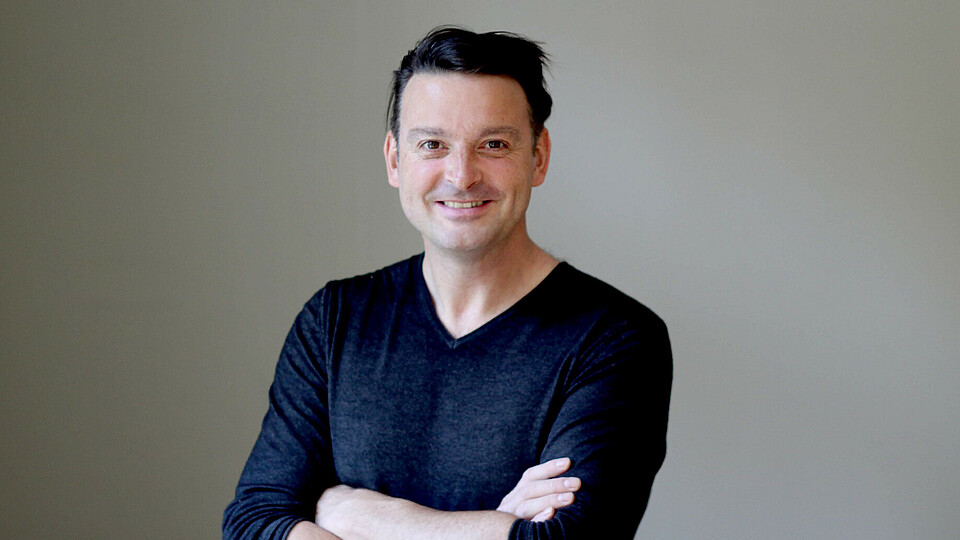
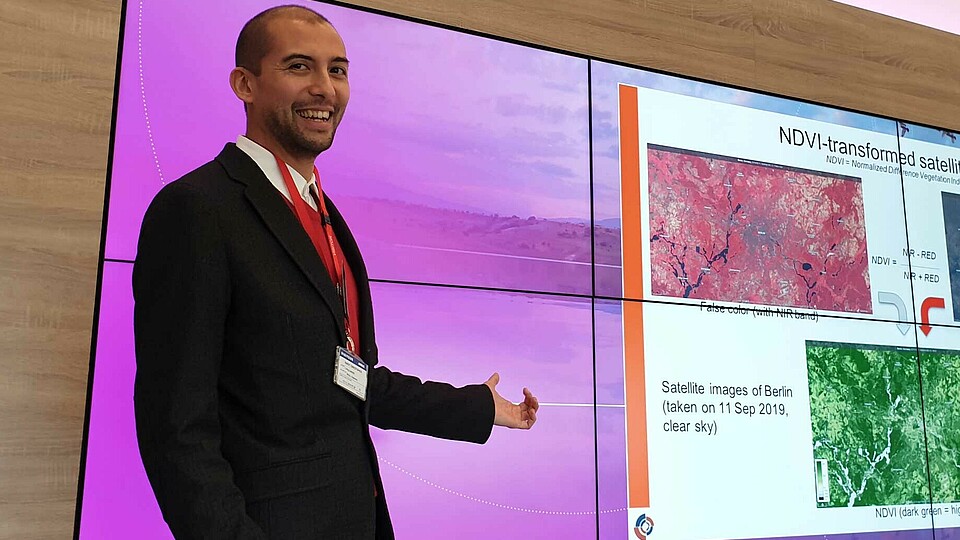
![[Translate to English:] [Translate to English:]](/fileadmin/_processed_/b/c/csm_Lang_Berlin-Partner_Philipp-Jester_683x384_31db623bc3.jpg)